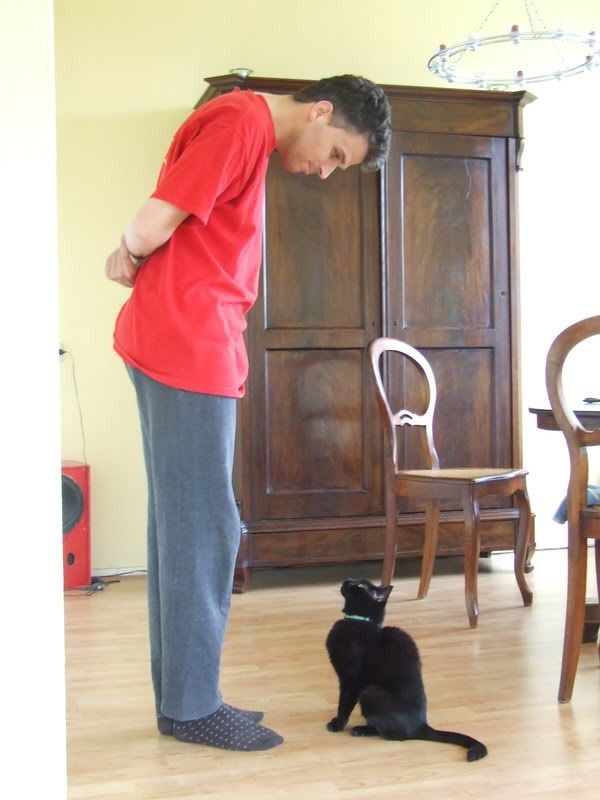Saturday, February 12, 2011
Gurl power
I've been following a series of articles about the dearth of women in publishing, which at the outset seems grossly unfair: one female editor on a staff of 7? Male-female publishing ratios are appallingly lopsided in favor of men, but is this a reflection of gender discrimination, or something no more sinister than the fact that more men write?
I'm hesitant to attribute this terrible ratio to outright sexism, mostly because it's difficult to say why some pieces get selected and others get rejected. I've had one short story that was less than literary win first prize ($150 in Lippincott Wilkins & Wilkins medical textbooks, oh joy!), and one short story that I can't find anybody to take. Said short is, I think, one of the better things I've ever written, though apparently public opinion thinks otherwise (if you'd like the opportunity to read and critique, shoot me an email).
My question is, "What does a female perspective on the world contribute to literature?" And I'd venture to guess that most modern writers who address this (Kay Edwards' The Memory Keeper's Daughter comes to mind, and no, I do not recommend it) do so in a way that would only appeal to women. Frankly, many of the female writers that I've tried to read are painful to read--their voice is unmistakably feminine, even if they are trying to be masculine, and it just gets dull after a while. Offhand, I'd say that they use too many -ly words (adverbs) and try too hard to make things sound pretty, rather than get the story across.
This isn't to say that women suck at writing--most of the blogs that I follow are patent refutations of this, and furthermore there are good female writers out there (Anne Beatty, Hilary Mantel). Nor is it to say that language shouldn't be beautiful--it should be, but not at the cost of the story. Says my inner editor, anyway. But the first sentence of this paragraph points to what I think is the main source of the gender discrepancy in the print world: more women are writing online, in blogs, in media where they don't have to deal with...misogynistic editors.
It's an interesting paradox we've driven ourselves into: we want to get rid of sexism and racism and religion-ism and all those other ugly -isms, and be able to judge people solely on the merits of their work. But does that mean divorcing ourselves from the idea that women writers/artists lend a special perspective to the world of the fine arts just because of their gender?
Subscribe to:
Post Comments (Atom)

No comments:
Post a Comment